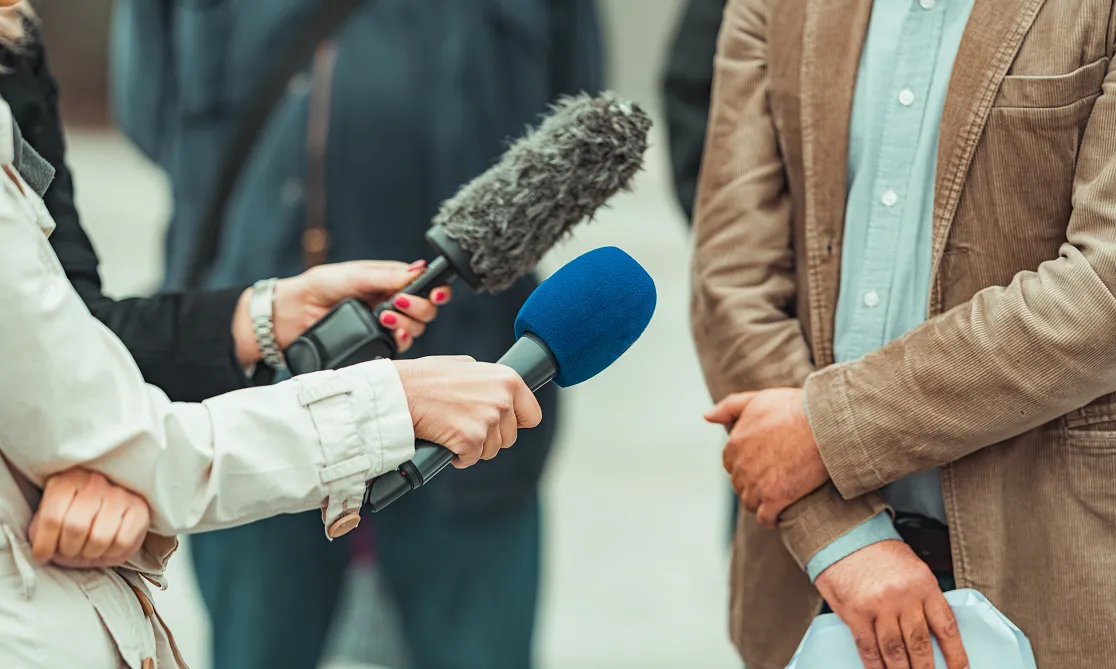Tax fraud by individuals and businesses has been estimated to cost the United States government over $450 billion annually. Tax evasion or fraud can be carried out by filing false or deceptive tax returns, hiding assets and income in offshore bank accounts, concealing business ownership or other financial activities, or through outright identify theft.
Cracking down on tax fraud is a simple matter of fairness to the vast majority of taxpayers who regularly pay the government what they owe. Tax whistleblowers are a vital weapon in the fight against tax fraud. Individuals who bring information to the Internal Revenue Service (IRS) relating to tax fraud or tax underpayments exceeding $2 million may also be eligible to receive a reward if their information leads to a successful enforcement action.
Based in California, our legal team at Wisner Baum can represent tax fraud and IRS whistleblowers nationwide. Call (310) 207-3233 for a free consultation.
About IRS Whistleblowers
IRS whistleblowers play an important role in exposing corporate tax fraud, and the Tax Relief and Health Care Act offers IRS whistleblowers significant rewards for bringing original information concerning tax fraud to the government’s attention.
Under the Tax Relief and Health Care Act, tax fraud whistleblowers may be entitled to receive between 15 and 30 percent of the amount recovered by the IRS in a successful enforcement action, as long as the tax, penalties, interest, and additional amounts in dispute exceed $2 million. If the tax, penalty and interest is less than $2,000.000 the reward will be limited to a maximum of 15% and will be at the discretion of the IRS.
The IRS whistleblower program gives any individual with original information concerning large-scale tax underpayments, fraud, or evasion—including accounting errors—significant financial incentive to file a whistleblower lawsuit against the perpetrator(s). Since 2007, whistleblowers have helped the IRS collect billions in lost revenue, and whistleblowers have been rewarded hundreds of millions for their assistance.
What the IRS Wants From Tax Whistleblowers
- “Specific and credible information concerning the person(s) that the claimant believes have failed to comply with tax laws and which will lead to the collection of unpaid taxes;
- “Documentation to substantiate the claim (e.g., financial data; the location of bank accounts, assets, books, and records; transaction documents or analyses relevant to the claim);
- “An explanation of how the information that forms the basis of the claim came to the attention of the claimant, including the date(s) on which this information was acquired, and a complete description of the claimant’s present or former relationship (if any)” to the person or persons they believe have violated tax laws.
Tax whistleblowers who are aware of supporting documents, but not able to get them, are instructed to describe these documents and identify their location to the best of their ability.
Types of Tax Fraud
Below are some common types of tax fraud:
- Hiding Income Offshore – Occurs when individuals or businesses attempt to hide income in offshore banks, brokerage firms or by using nominee entities in an attempt to limit their tax liability. Those who attempt this scheme typically do so through the use of offshore credit or debit cards, foreign trusts, employee-leasing schemes, private annuities or wire transfers. In one landmark case, Swiss banking group UBS agreed to resolve criminal charges that it conspired to defraud the United States by promoting tax evasion through secret offshore accounts. The bank was forced to pay a fine of $780 million and turn over the names of over 4,000 account holders. The IRS whistleblower who exposed the tax evasion scheme was awarded $104 million.
- Filing False or Misleading Returns – Occurs when individuals or businesses fraudulently file returns in order to reduce their tax bill or claim refunds or tax credits they are not entitled to receive. False tax returns may also be filed in order to cover up other illegal activities. In 2005, KMPG, a firm that provides audit, tax, and advisory services, agreed to pay $456 million in fines, restitution and penalties to settle charges that it designed, marketed and implemented fraudulent tax shelters. The defendants allegedly filed false tax returns in support of the scheme.
- Transfer Pricing – Transfer pricing schemes involve multinational corporations doing business in several countries attempting to avoid taxes by making it appear that its operations in a high-taxed country produced relatively little profit, while its operations in a low-taxed country did well. The practice is widespread and the IRS has an entire team devoted to pursuing transfer pricing fraud. The GlaxoSmithKline scandal in 2006 is a good example of a transfer pricing scheme. GSK paid $3.4 billion to settle IRS charges that it engaged in transfer pricing by assigning too little of its worldwide drug sales to its U.S. subsidiary. In 2011, Western Union paid $1.2 billion to settle transfer pricing charges.
- Abuse of Charitable Organizations and/or Deductions – Occurs when individuals or businesses highly overvalue or overstate donations to a charitable organization in order to fraudulently reduce their taxable income.
- Disguising Business Ownership or Financial Activity – Occurs when corporations or businesses operate using a third party to disguise the true owners. These third parties can be used to underreport assets, create fictitious deductions, and launder money or a variety of other financial crimes.
- Misstating Wages – Occurs when businesses file false statements about wages or income in order to limit the amount of taxes owed at the end of a fiscal year.
- Abuse of “Independent Contractor” Rules for Actual Employees – Occurs when employees are designated as contractors and given 1099s at the end of the year, therefore avoiding the employer’s share of taxes. It has been estimated that employers misclassify millions of workers as independent contractors every year in order to avoid the payment of employment taxes.
Contact us today at (310) 207-3233 to start exploring your legal options. Located in Los Angeles, we take cases across the U.S.

